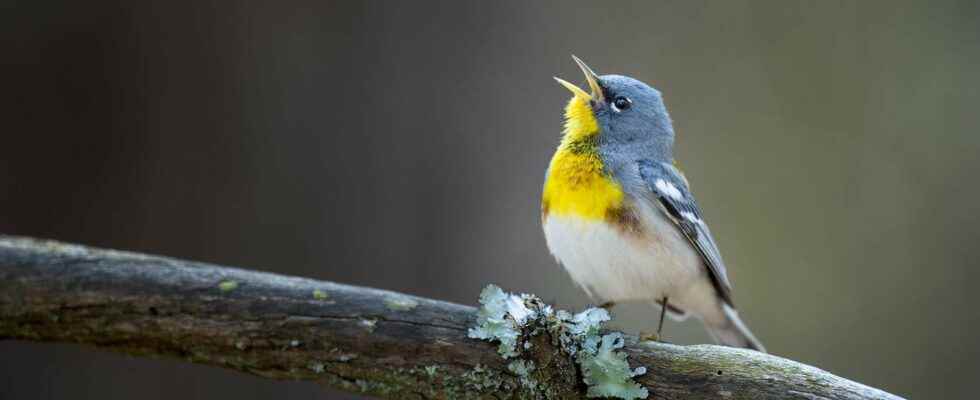You will also be interested
[EN VIDÉO] The potoo, this strange bird Notice the notches on the edge of the upper eyelid that allow vision with the eye closed. Upper mandible apparently missing. ©Alain Fossé
The arrival of spring announces each year a traditional renewal of nature with the song of birds. The latter take advantage of this period to build their nests and lay their eggs. But the Journal of Animal Ecology published a latest study showing that many species birds are nesting and laying eggs a month earlier than a century ago.
This change was found by comparing century-old egg collections kept in museums with recent observations, which made it possible to examine egg-laying trends over approximately 120 years. With this data, the scientists in this study found that, of the 72 bird species in Chicago — for which historical and modern data were available — about one-third now lay eggs 25.1 days earlier than ‘a hundred years ago.
Understand behavioral change in birds?
John Bates, first author of the study, and his colleagues tried to understand this change in behavior and looked at the rises in temperature which are already the cause of several environmental and biological problems. However, the team of researchers found themselves faced with a problem: there is no temperature data going back that far in this place. To fill this gap, they used the amounts of carbon dioxide (CO2) in L’atmosphere which is a good temperature indicator. Indeed, by comparing trends in the quantities of CO2 and temperature, we notice that their variations correspond.
After comparison, the researchers found that variations in CO2 were correlated with changes in laying dates. It would therefore seem that warming is causing changes that have consequences for the biological behavior of birds: the flowering of plants occurs earlier and is therefore accompanied by the presence ofinsects. Since the birds feed on insects, they are forced to come out earlier to be sure of finding available food and are eventually forced to build their nests and lay their eggs earlier.
Support your independent scientific media: discover our subscription formulas!
4 good reasons to subscribe to Futura on Patreon:
- A site without any advertising from 3.29 euro per month.
- It is without commitment.
- Access to priority content, in preview, just for you.
- You support our business in the best possible way. A real motivation for us!
Interested in what you just read?

